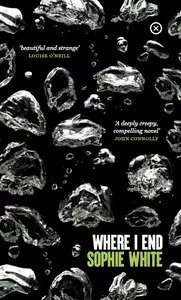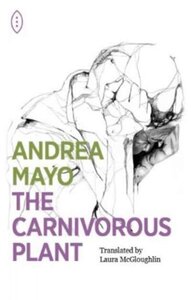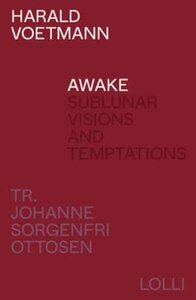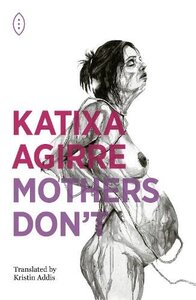Today’s post is rounding up a few reviews I’ve had published elsewhere. First off is an Irish novel from Tramp Press, Where I End by Sophie White, which I’ve reviewed here for Strange Horizons. This is the tale of Aoileann, who lives an isolated existence looking after her bedridden mother. It’s not until an artist and her baby son visit Aoileann’s island that she realises what she’s been missing in terms of human connection. What particularly struck me about White’s novel is the way it creates its own little fairytale horror world without ever invoking the supernatural. Aoileann becomes both a source and victim of horror in an intimate piece of work.
The European Literature Network has recently launched The Spanish Riveter, the latest issue of its occasional magazine on European writing. This one has almost 300 pages of articles, extracts and reviews of translated literature from Spain – including a review of mine. I’m looking at a Catalan novel from 3TimesRebel Press: The Carnivorous Plant by Andrea Mayo (tr. Laura McGloughlin). It tells of an abusive relationship, and challenges the reader to understand what it was like for the protagonist, and why she stayed in that situation. The Spanish Riveter is available as a PDF here; you’ll find my review on page 91.
My last stop is Denmark, and Awake by Harald Voetmann (tr. Joanne Sorgenfri Ottosen, pub. Lolli Editions). This is a novel about Pliny the Elder, and his attempt to catalogue the world and its knowledge in his Naturalis Historia. Voetmann brings Pliny’s world to life, and explores the limits of what he could achieve. I’ve reviewed this one for European Literature Network in their regular review section here.




Recent Comments